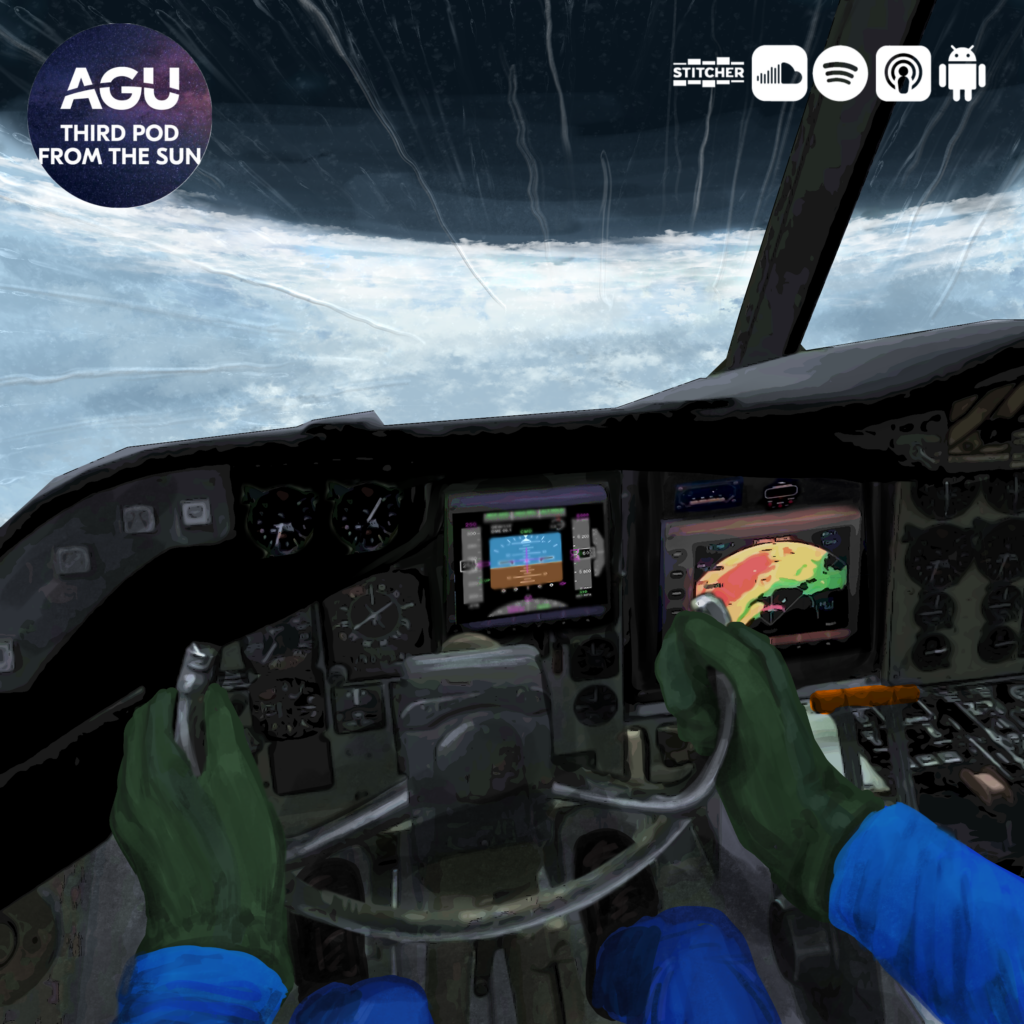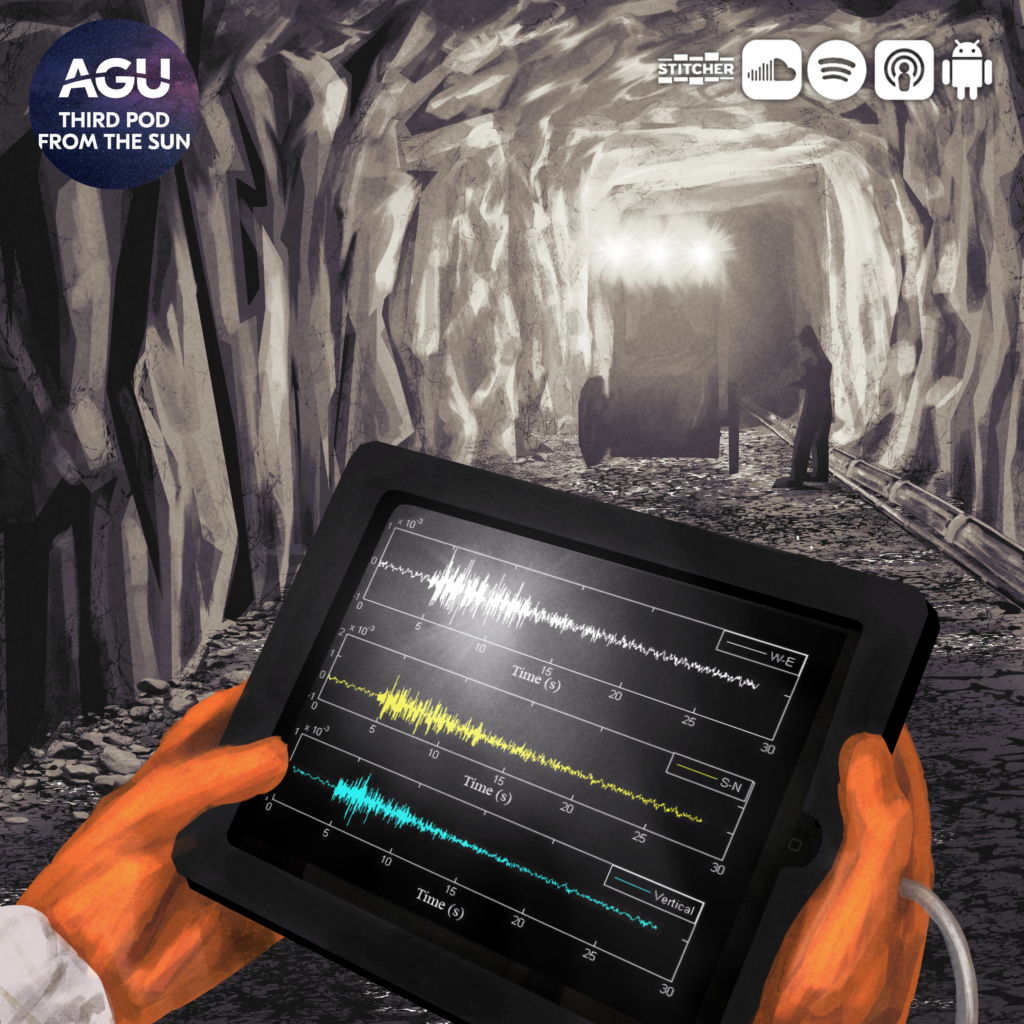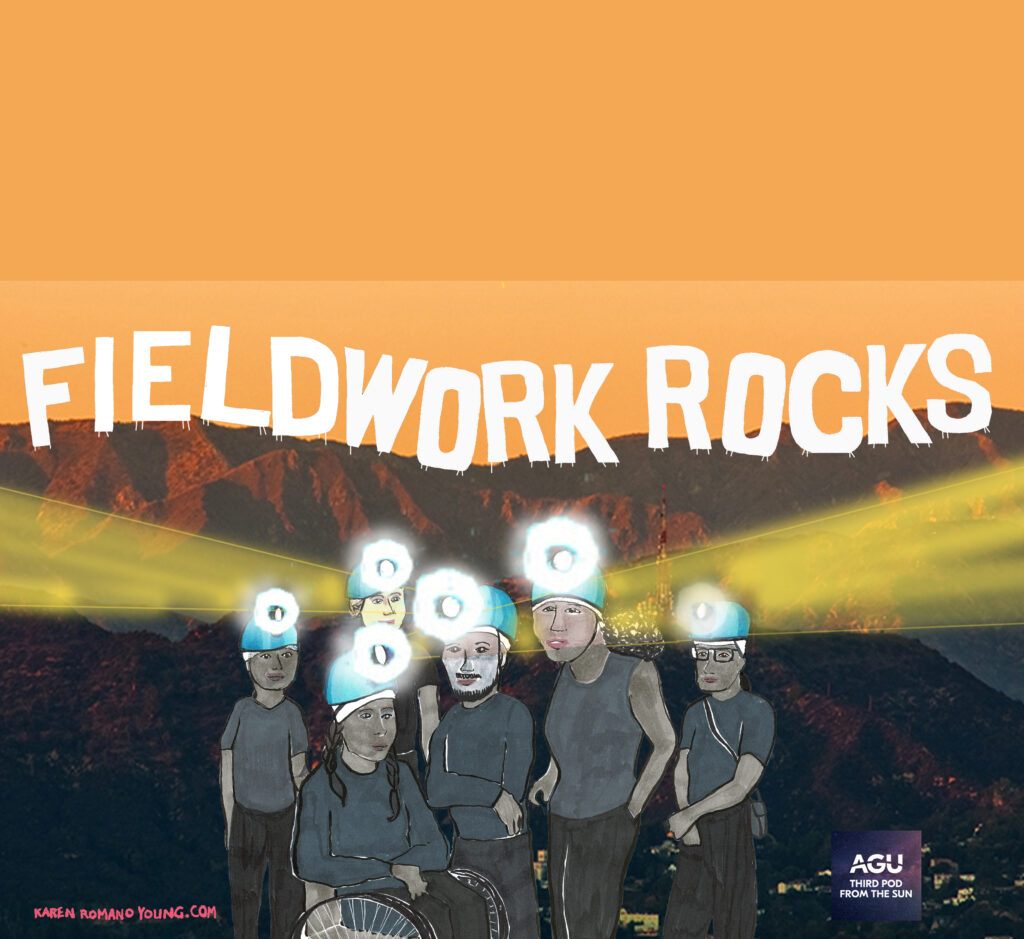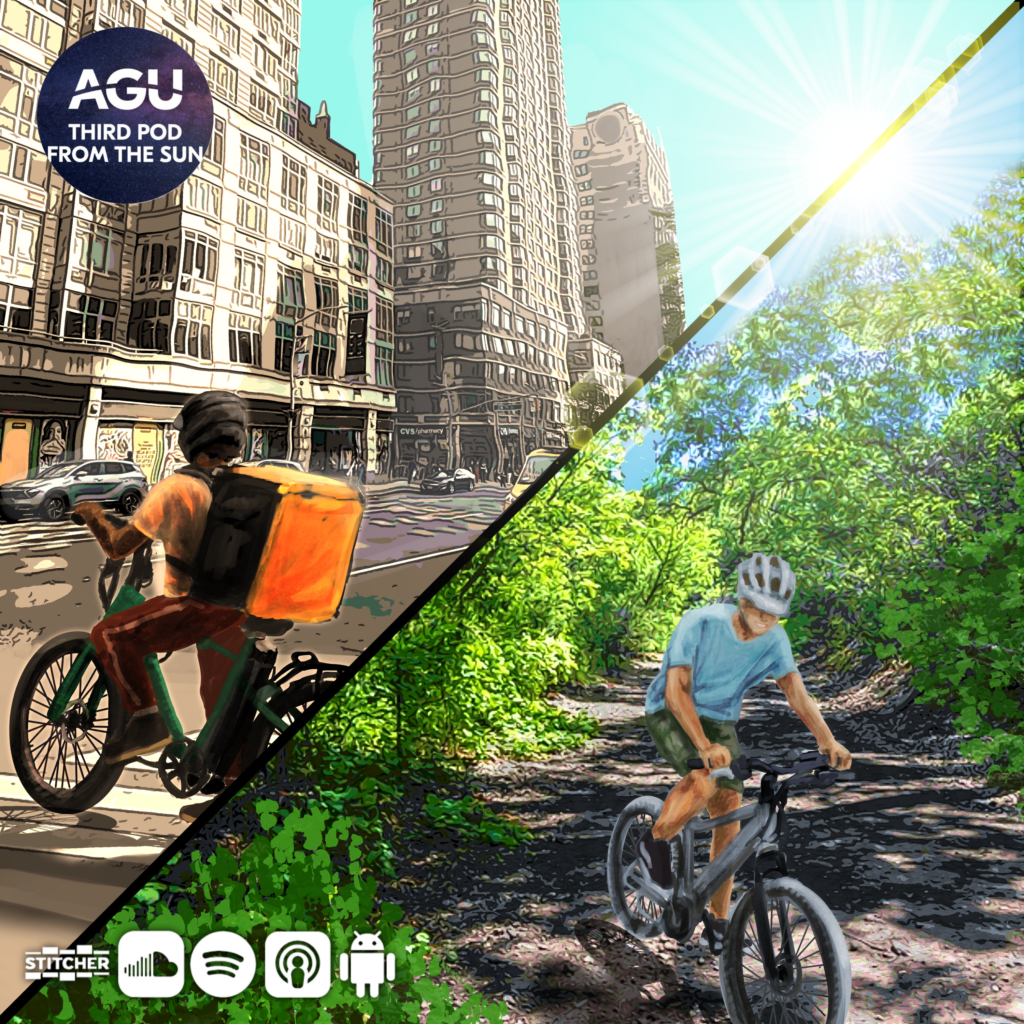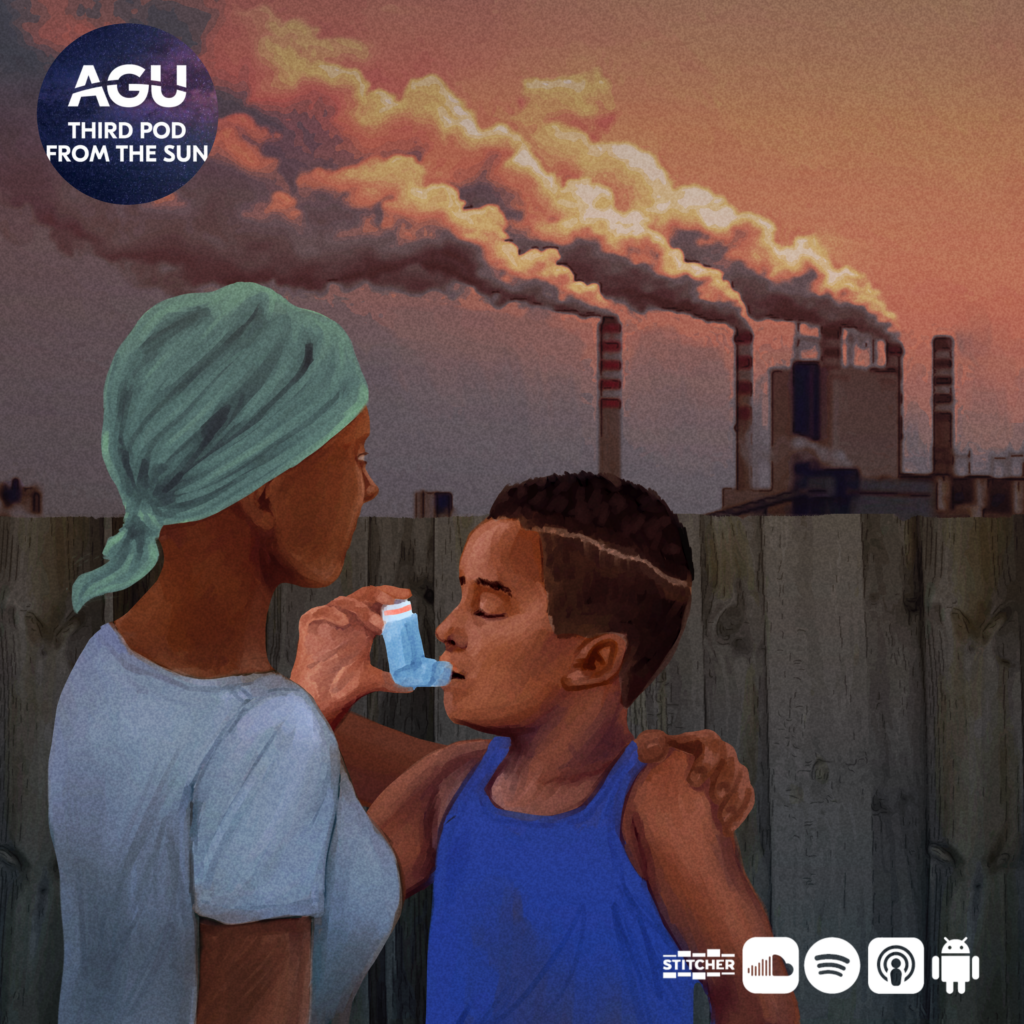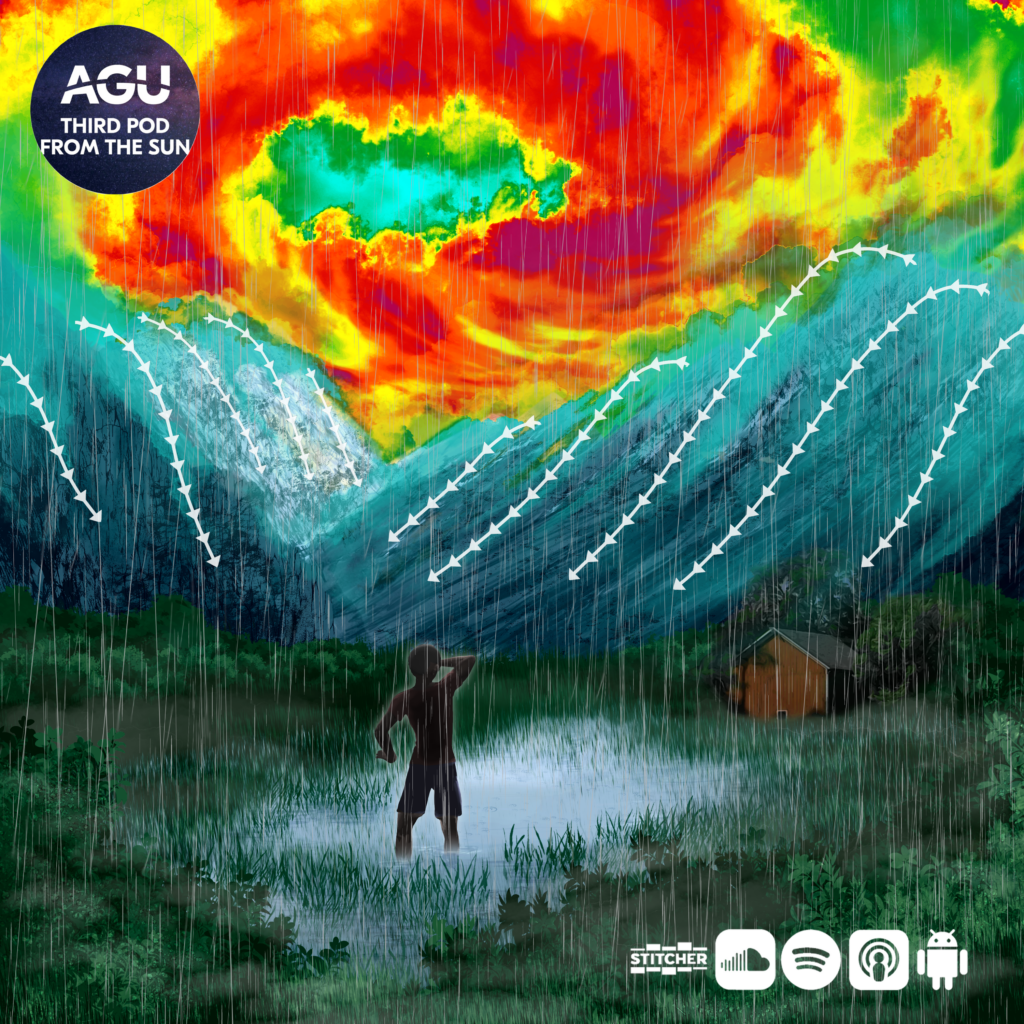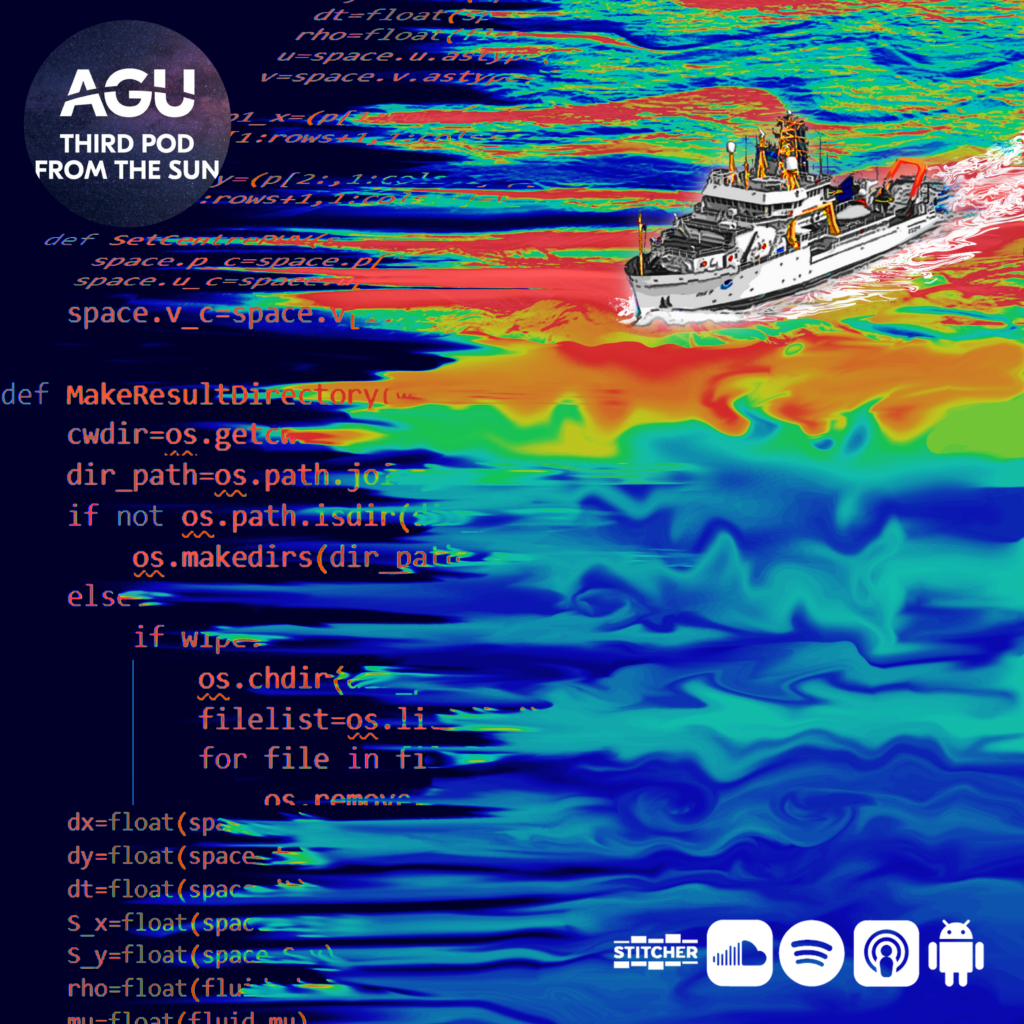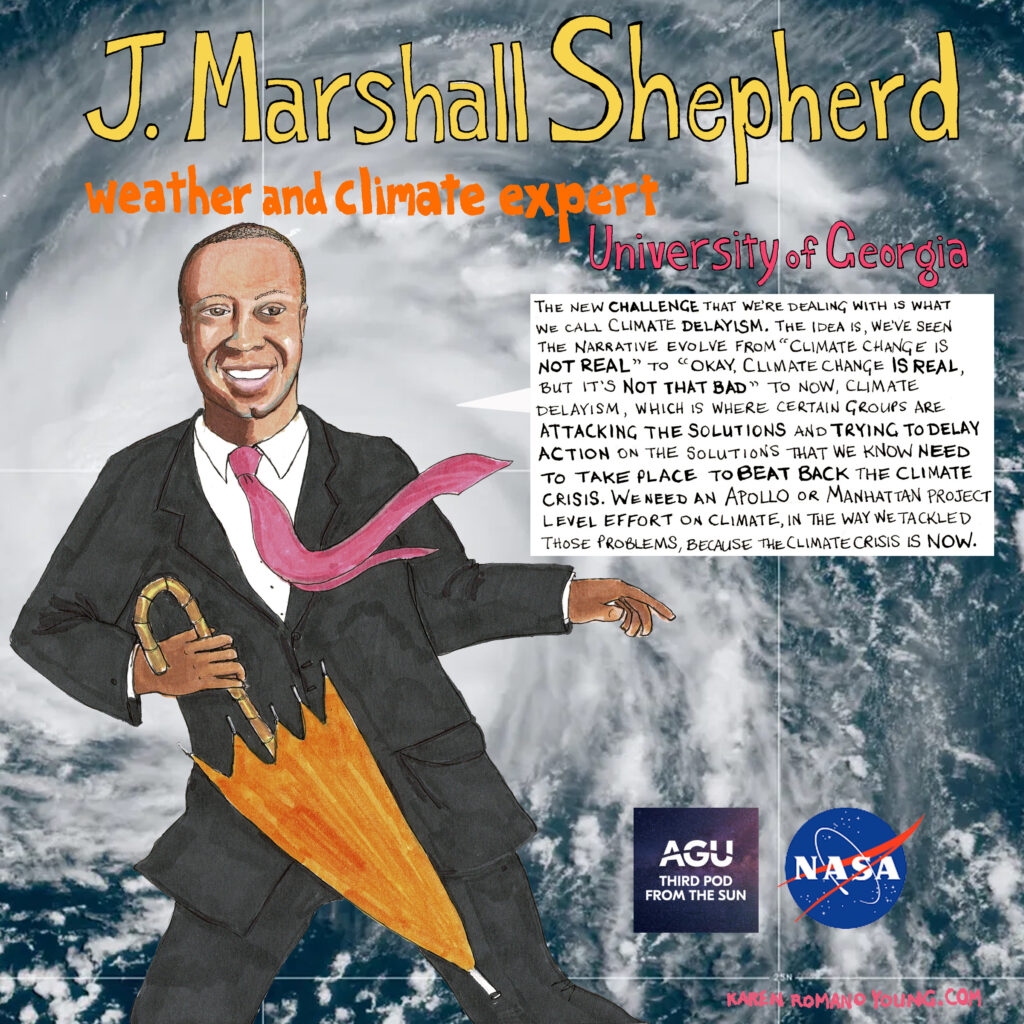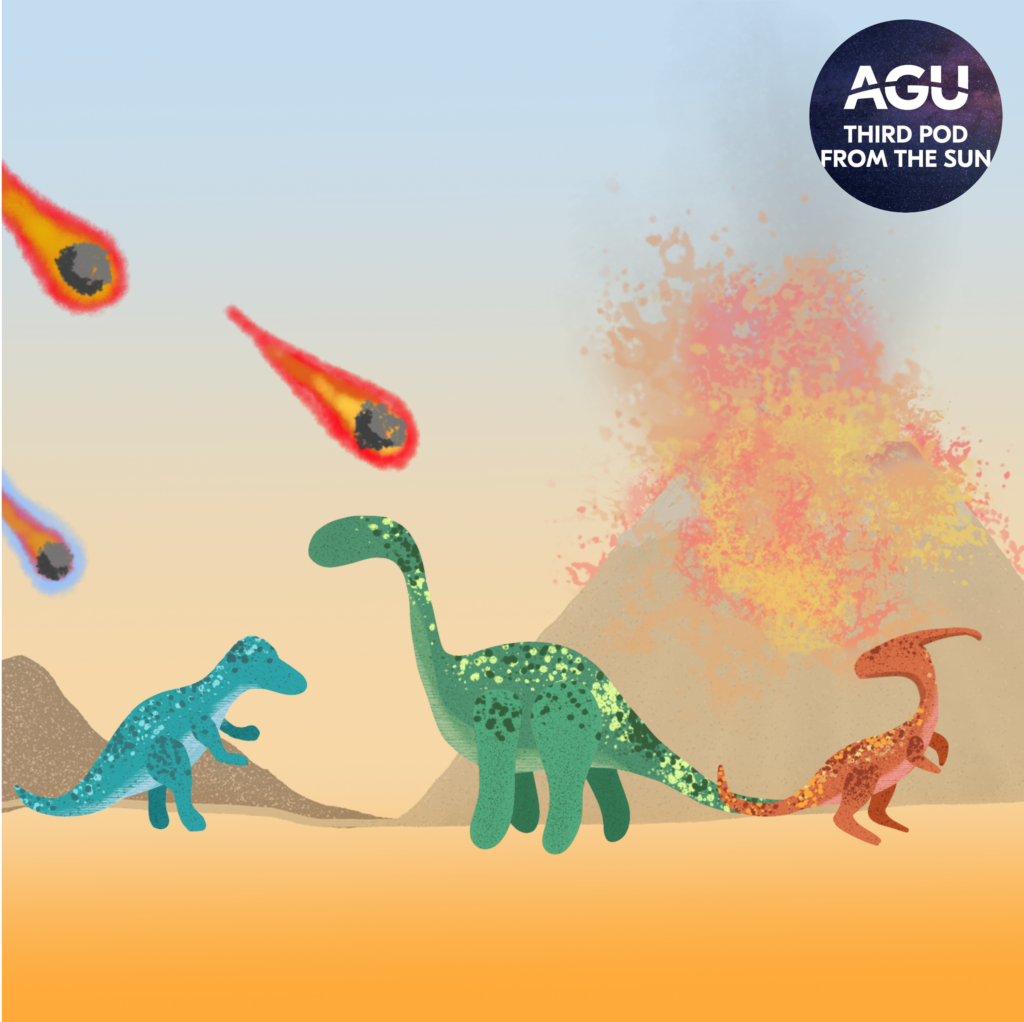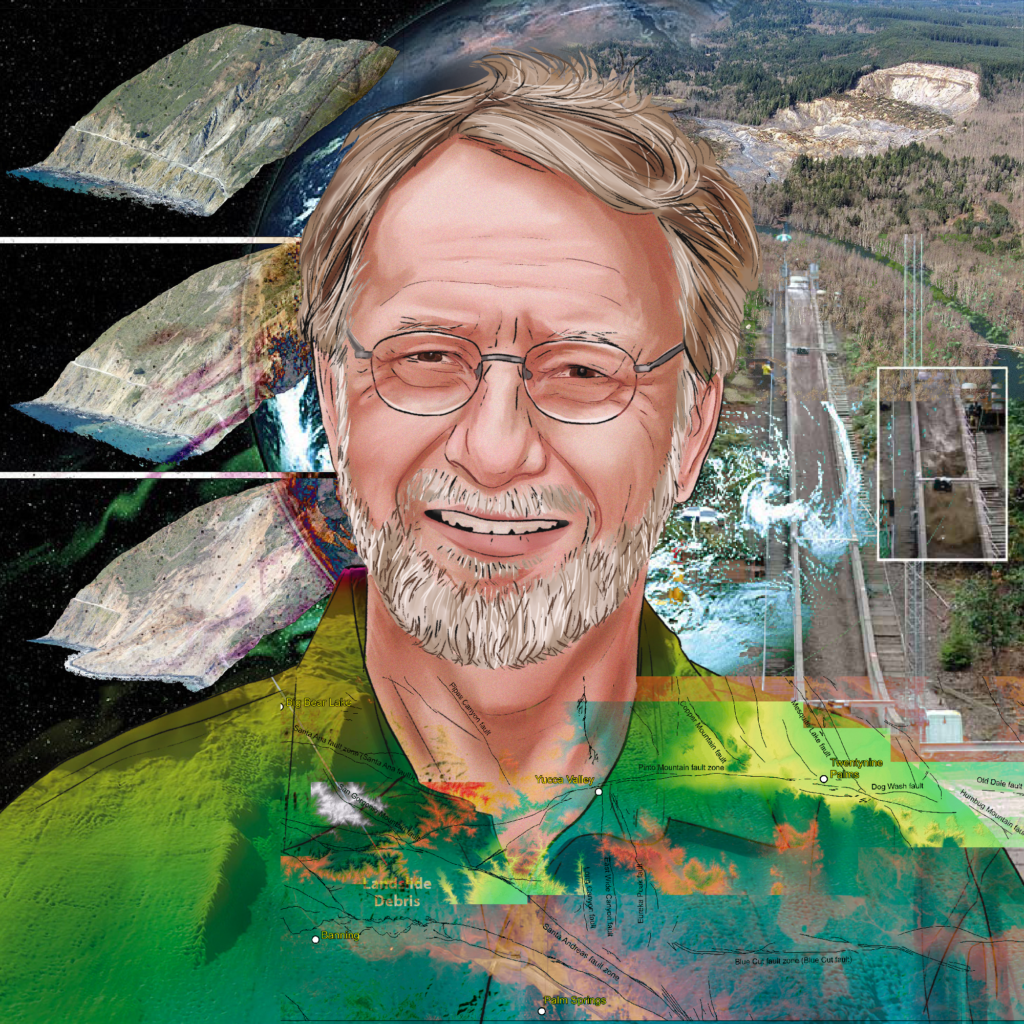Natural Hazards
Fieldwork rocks: Head in the (funnel) clouds
Every year between June and November, researchers take to the skies to better understand and measure hurricanes. Heather Holbach is part of NOAA’s Hurricane Research division and is one of the scientists on the flight team who gets up close and personal with hurricanes.
Read MoreFieldwork rocks: From sea to quaking sea
Seismologist Margaret Boettcher has ventured to the depths of South African gold mines and the middle of the Pacific Ocean in a quest to find earthquakes that are predictable enough to measure and simple enough to understand.
Read MoreFieldwork rocks
It’s that time of year again where many scientists head out into the field, from far-flung locations to local backyards. In recognition of the lengths that some scientists go to to get answers to questions that only the field can provide, we’re sharing stories of science from quaking earth, to roaring winds, to choppy seas, and beyond!
Read MoreSolving for climate: The silent killer in your urban backyard
Cities are hotter due to concrete and asphalt absorbing and retaining heat, less tree cover, AC units pumping out hot air, and more. Most worrying is how hot it remains at night, when bodies are trying to cool down and recover from hot daytime temps.
Read MoreSolving for climate: (Health and safety) in (climate) numbers
We’ve all probably heard about how climate change is affecting the ice sheets and polar bears, but what about human health? More severe and numerous floods, droughts, and heat waves impact a wide range of health outcomes, and shifting biomes may spread diseases to new places. How do scientists understand which portions of health effects are caused by climate change, and how can health organizations be prepared?
Read MoreSolving for climate: Do go chasing hurricanes
Jane Baldwin is a storm chaser, only her mode of chasing is computational modeling using multiple streams of data. As an Assistant Professor of Earth System Science at UC Irvine, she models how hurricanes and other natural hazards respond to atmospheric dynamics.
Read MoreSolving for climate: Coasts in the machine
The Earth’s oceans play a crucial role in regulating the planet’s climate by absorbing and storing vast amounts of heat and carbon dioxide from the atmosphere. However, due to human activities such as the burning of fossil fuels and deforestation, the oceans are warming at an alarming rate. This increase in ocean temperature is causing a range of devastating impacts, from more frequent and severe storms to rising sea levels and bleached coral reefs.
Read MoreOne giant leap: For meteorology & climate communication
As a leading international expert in weather and climate and Georgia Athletic Association Distinguished Professor of Geography and Atmospheric Sciences at the University of Georgia, James Marshall Shepherd knows a lot about climate, and just as importantly, how to talk about it.
Read MoreYour favorites: Dinosaurs, a big rock, and…climate change?
When you hear the word “extinction,” chances are you probably think of the extinction of the dinosaurs and a big rock. But did you know that there were other factors at play that lead to that extinction including volcanos and sea-level rise?
Read More24-Storied Careers: Gaining a footing in landslide science
How do you study something that’s constantly shifting? That’s the challenge that USGS geologist Richard Iverson faced when he began his career in landslide research. He and his team developed a first-of-its-kind experimental facility to study how landslides happen, in order to better understand and prepare for them.
Read More
